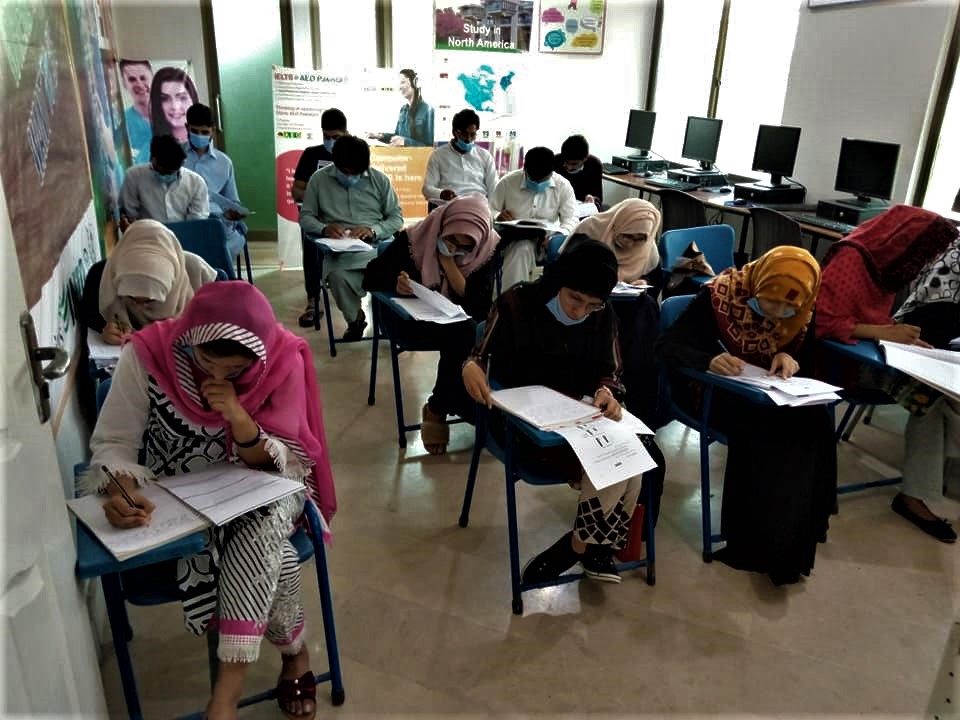Struggling in IELTS Reading! No worries, Follow these 10 Tips to Improve your Reading Skills.
Tips for IELTs Reading,
Most of the IELTS test takers find the IELTS Reading Module particularly challenging and tough. With Time Limit, Complex Passages, and confusing question types, it is overwhelming, However with proper regular practice and good strategies it is not a big deal to get desired bands in reading module.
You can improve your reading skills with confidence, and handle the difficult questions to get good score. Here is How!

Understanding the IELTS Reading Test Format
First and foremost, understanding the format of the IELTS Reading test is essential. The test consists of three sections, with the passages becoming more complex as you progress. You will need to answer a total of 40 questions within a 60-minute time limit.
Each question type—such as
- True/False/Not Given
- multiple choice
- sentence completion
- Multiple-choice
- Yes/No/Not Given
- Matching Headings
- Summery Completion
requires a slightly different approach. By familiarizing yourself with the test format, you can effectively plan your time and determine the best way to tackle each type of question.
Master Skimming and Scanning
Here are some powerful methods for efficient reading:
- Skimming helps you rapidly capture the main idea of a text. Rather than getting lost in the details, focus on understanding the key points and organization of the passage.
- Scanning is the technique of looking for particular information—such as names, dates, or keywords—without reading through the whole text. Developing these skills can save time and enable you to locate answers more easily.

Expand Your Vocabulary
The IELTS Reading section often includes complex vocabulary. Expanding your vocabulary not only helps you understand passages better but also increases your ability to recognize synonyms, which is crucial for finding answers accurately. Try reading English newspapers, articles, and books to expose yourself to a range of words, and make it a habit to write down unfamiliar words along with their meanings.
Recognize Synonyms and Paraphrasing
In the IELTS Reading section, the questions seldom match the passage’s wording precisely. Rather, they frequently utilize synonyms or paraphrased concepts. It’s important to practice recognizing these synonymous terms and reworded sentences to avoid being confused by variations in phrasing. This ability is especially crucial for questions involving True/False/Not Given and matching headings.
Practice Different Question Types
The IELTS Reading section consists of various question types, each requiring a distinct approach. Here are some tactics for handling different questions:
- Multiple choice: Pay attention to the keywords in the question and scan the text for those ideas.
- Matching headings: Quickly read through the paragraph to grasp the main idea, then choose the heading that aligns best with it.
- Summary completion: Look for specific details or phrases in the passage that match the summary.
Being aware of how to approach each question type will enhance your flexibility during the exam. Make sure to practice each type thoroughly before the day of your test.
Time Management: Practice Under Timed Conditions
Managing your time effectively is one of the main challenges in the Reading section. With just 60 minutes to read three passages and respond to 40 questions, it’s crucial to stay organized. To feel more at ease with the time constraints:
- Use a stopwatch for practice.
- Aim to spend approximately 20 minutes on each passage,
- Try not to dwell too long on any one question.
- If you’re uncertain about an answer, move forward; you can revisit it later if time allows.

Practice Reading Daily
One of the easiest ways to enhance your reading skills is to read consistently. Make it a daily habit to engage with English newspapers, magazines, blogs, or academic articles. This practice not only improves your vocabulary and comprehension but also helps you become accustomed to reading under time constraints. Additionally, try selecting topics that are outside your usual areas of interest to broaden your understanding of unfamiliar subjects—similar to those found on the IELTS test!

Answer Every Question – Guess if You Must
In the IELTS Reading section, you won’t lose points for incorrect answers, so be sure to attempt every question. If you’re not sure about an answer, consider making an informed guess and proceed to the next one. Furthermore, eliminating certain options can help you focus on the most likely answers.
Review and Learn from Practice Tests
Completing practice tests is crucial, but reviewing your answers afterward is just as important. Take the time to analyze your mistakes and concentrate on the types of questions you struggle with the most. By understanding the reasons behind your errors, you can prevent repeating them in the future.
Stay Calm and Confident on Test Day
Feeling nervous is a common experience, but maintaining composure is crucial for performing effectively. Engage in deep breathing techniques to help control any anxiety prior to the exam. Approach the situation with an optimistic attitude, confident in your preparation and ability to face the difficulties ahead.
Conclusion
Enhancing your IELTS Reading abilities requires regular practice, thoughtful preparation, and a touch of patience. By refining techniques such as skimming, scanning, and managing your time effectively—along with familiarizing yourself with each question type—you’ll develop the necessary skills to succeed. With appropriate preparation, you’ll be well-equipped to approach the IELTS Reading section confidently. Keep in mind that every practice session moves you closer to your desired score. Best of luck, and continue to practice!

1. What is the IELTS Reading test?
The IELTS Reading test is a 60-minute exam designed to assess your ability to read, understand, and analyze written English through a variety of texts and question types.
2. How many questions are there in IELTS Reading?
There are 40 questions in the IELTS Reading section, divided into three passages. Each question carries one mark.
3. What is the difference between Academic and General IELTS Reading?
The Academic Reading test uses academic articles, journals, and reports, while the General Training Reading test focuses on everyday materials like newspapers, notices, and workplace documents.
4. How much time do I get for IELTS Reading?
You have 60 minutes to answer all 40 questions, No need of extra time as now the test is only computer based now and the answers automatically fits on the empty place or selective place.
5. What types of questions appear in IELTS Reading?
Common question types include multiple choice, matching headings, true/false/not given, sentence completion, and summary completion.
6. What is a good IELTS Reading score?
A good score depends on your goal. For most universities, a band 6.5–7.5 is considered strong. Each correct answer equals one mark, which converts to a band score.
7. How can I improve my IELTS Reading speed?
Practice skim reading for main ideas and scanning for details. Read English newspapers or articles daily to train your eyes to move quickly across text.
8. Should I read the questions or the passage first?
Many experts recommend reading the questions first to understand what to look for, then skimming the passage for relevant information.
9. Are spelling mistakes penalized in IELTS Reading?
Yes. Spelling and grammar must be correct. Incorrect spelling even if the meaning is correct will be marked wrong.
10. Can I write answers in capital letters?
Yes, you can write all answers in capital letters to avoid confusion with handwriting or capitalization rules.
